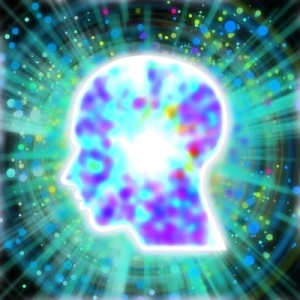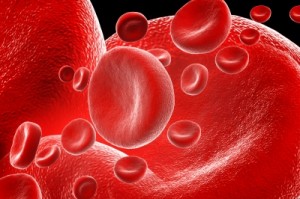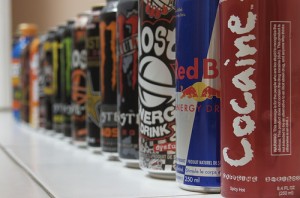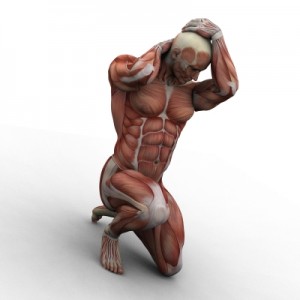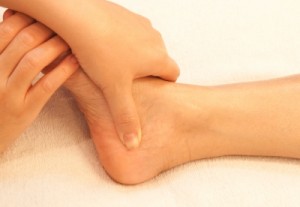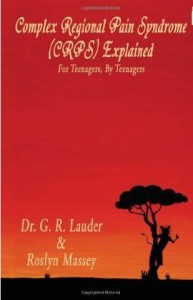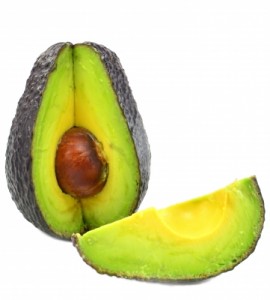Pernicious anemia is hard to catch in its earliest stages; oftentimes, pernicious anemia is misdiagnosed as belonging to a “copycat” illness. Multiple sclerosis (MS) is one such disease that hundreds of doctors hastily assign to patients suffering from fatigue, numbness, and muscle pain- all symptoms commonly associated with B12 deficiency from pernicious anemia.
Pernicious anemia, migraines, or…MS?
According to a study conducted by scientists at Oregon Health and Science University, over 95% of doctors have suspected a misdiagnosis in at least one MS patient coming to them for a second opinion.
A further 75% of doctors have noted a multiple sclerosis misdiagnosis in at least three patients the previous year.
As with many other mysterious chronic pain illnesses, such as fibromyalgia or chronic fatigue syndrome, there are no foolproof methods for diagnosing multiple sclerosis.
Doctors can issue MRIs in order to detect brain lesions, or they can hope to find evidence of oligoclonal bands (O-bands) in your blood supply, but for the most part, confirming MS is a process of elimination.
And eliminating other health conditions, such as pernicious anemia, that cause symptoms similar to MS isn’t so easy, because the list is long.
Below is a sort list of illnesses that are misdiagnosed as multiple sclerosis:
- Pernicious anemia (vitamin B12 deficiency), a type of megaloblastic anemia that, like multiple sclerosis, also causes demyelination (damage to the nerve cells’ myelin sheath)
- Fibromyalgia
- Lyme disease
- Lupus
- Hughes syndrome
- Optic neuritis
- Migraines
- Psychiatric disease
(Also read: 9 Conditions that Mimic Fibromyalgia and Vitamin B12 Deficiency)
PA vs. MS
It’s understandable that doctors would fail to detect vitamin B12 deficiency-pernicious anemia in patients complaining of arm numbness, chronic fatigue, or severe chronic pain. Blood tests designed to detect low vitamin B12 levels are not always accurate, and there exist no tests that specifically determine multiple sclerosis.
Both multiple sclerosis and pernicious anemia are demyelinating illnesses that cause peripheral neuropathy, or peripheral nerve damage.
With multiple sclerosis, doctors aren’t certain exactly what causes deterioration of myelin, a fatty coating what protects your nerve cells from damage or destruction.
Vitamin B12 deficiency from pernicious anemia is more easily explained, as vitamin B12 is active in sustaining myelin, and a depletion of vitamin B12 likewise causes neurological ailments that exactly mimic the symptoms experienced by multiple sclerosis.
Symptoms of pernicious anemia and MS
Symptoms of multiple sclerosis that mimic pernicious anemia include:
- Painful tingling and numbness in the extremities, including hands, feet, arms, legs, and tongue
- Chronic fatigue
- Muscle pain and twitches, or spasms
- Depression
- Anxiety
- Memory loss
- Confusion, or “brain fog”
- Headaches
- Difficulty controlling arm or leg movements
- Difficulty swallowing
- Gastrointestinal problems
Please tell us…
Do you have any questions or suggestions? Please leave your comments below.
Share with your friends!
If you found this article helpful, then please share with your friends, family, and coworkers by email, Facebook, or Google+.
Like this? Read more:
Pain and Numbness in the Arms- 13 Causes
Pernicious Anemia and Vitamin B12 Deficiency: Which Causes Which?
Sources:
Why hundreds of patients a year are misdiagnosed with MS
The Differential Diagnosis of Multiple Sclerosis
Image(s) courtesy of FreeDigitalPhotos.net
